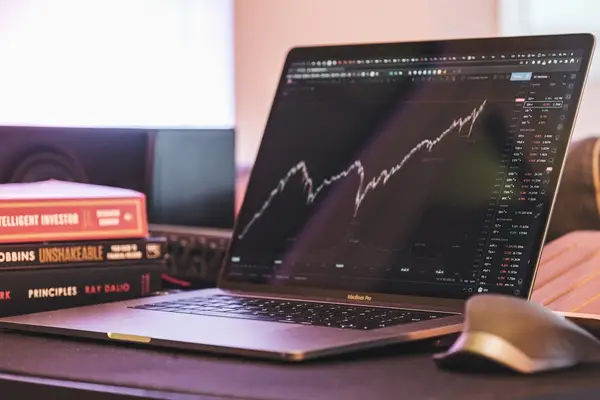The foreign institutional investors (FIIs) bought shares worth a net Rs 2132.42 crore, while domestic institutional investors (DIIs) sold shares worth a net Rs 1167.56 crore in the Indian equity market on September 9, as per provisional data available on the NSE.
Also Read| NSE F&O Ban: Ambuja Cement and others under ban on Monday, September 12, 2022
In the month of August 2022, FIIs bought shares worth a net Rs 22,025.62 crore while DIIs sold shares worth a net Rs 7,068.63 crore.
The Reserve Bank of India (RBI) said on September 9 that India’s foreign exchange reserves declined by $8 billion to $553.11 billion in the week ended September 2, the lowest level since October 9, 2020.
Also Read| Week ahead: Inflation data, oil prices to weigh on Sensex, Nifty
The Sensex jumped 104.92 points or 0.18% to 59,793.14 and the Nifty was up by 34.60 points or 0.19% to 17,833.35 on Friday.
The Sensex touched a high of 60,119.80 and a low of 59,634.39. There were 13 stocks advancing against 17 stocks declining on the index.
The Nifty traded in a range of 17,786.00 and 17,925.95. There were 26 stocks advancing against 24 stocks declining on the index.
Also Read| Week in review: Falling crude prices, positive global cues boost Sensex, Nifty
FII stands for ‘foreign institutional investor,’ and refers to an investment fund or an investor who puts their money into a country’s assets while being headquartered outside of it.
In India, this is a commonly used term to refer to outside entities contributing to the country’s financial markets by investing.
Also Read| Trending Stocks: Reliance, Zydus, SpiceJet and others in news today
On the other hand, ‘DII’ stands for ‘domestic institutional investors.’ Unlike FIIs, DIIs are investors that invest in the financial assets and securities of the country they are currently residing in.
Also Read| Stocks to watch on Friday, September 12, 2022
These investment decisions of both FIIs and DIIs are impacted by political and economic trends. Additionally, both types of investors — foreign institutional investors (FIIs) and domestic institutional investors (DIIs) — can impact the economy’s net investment flows.







